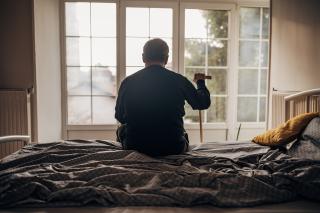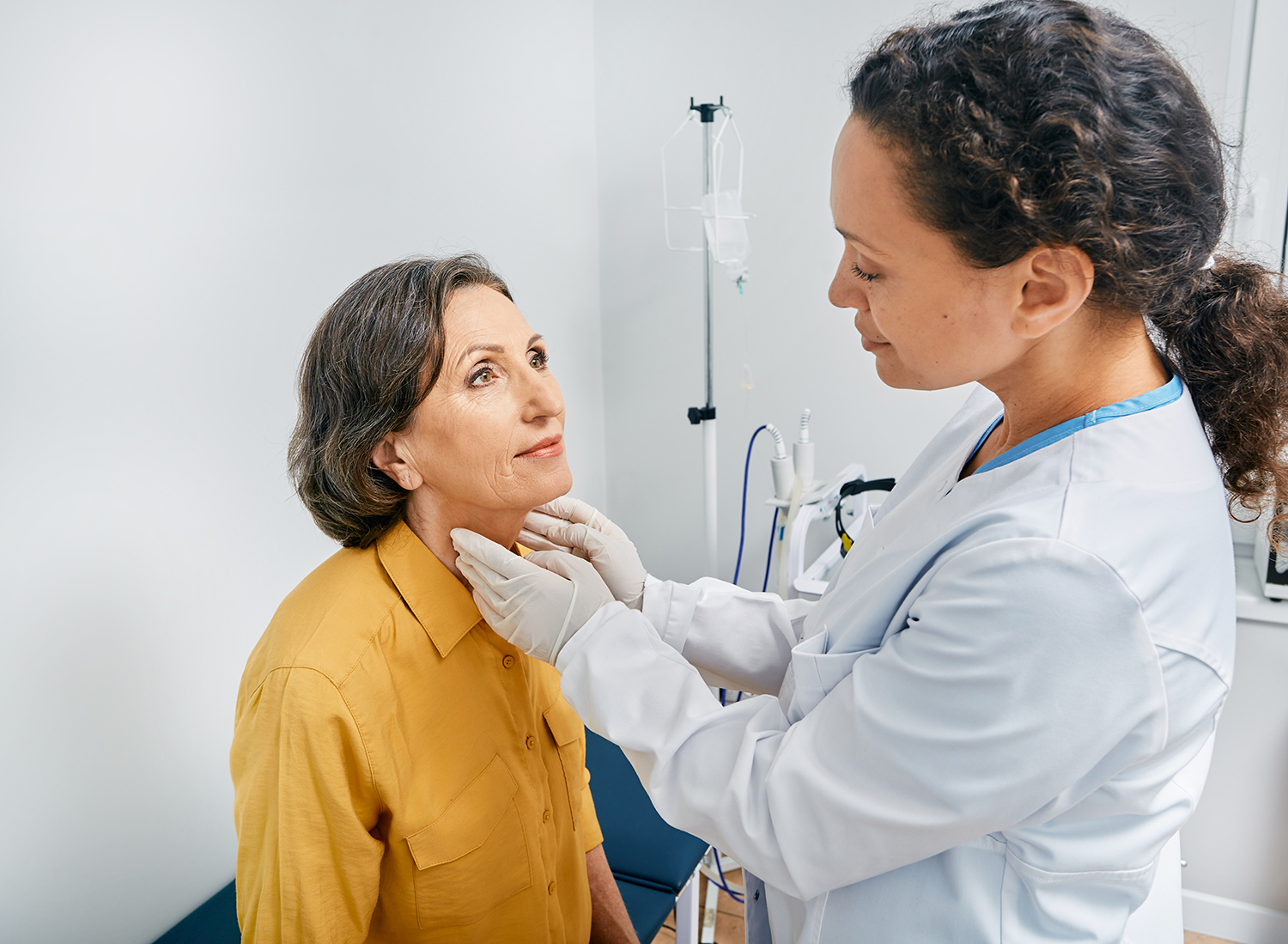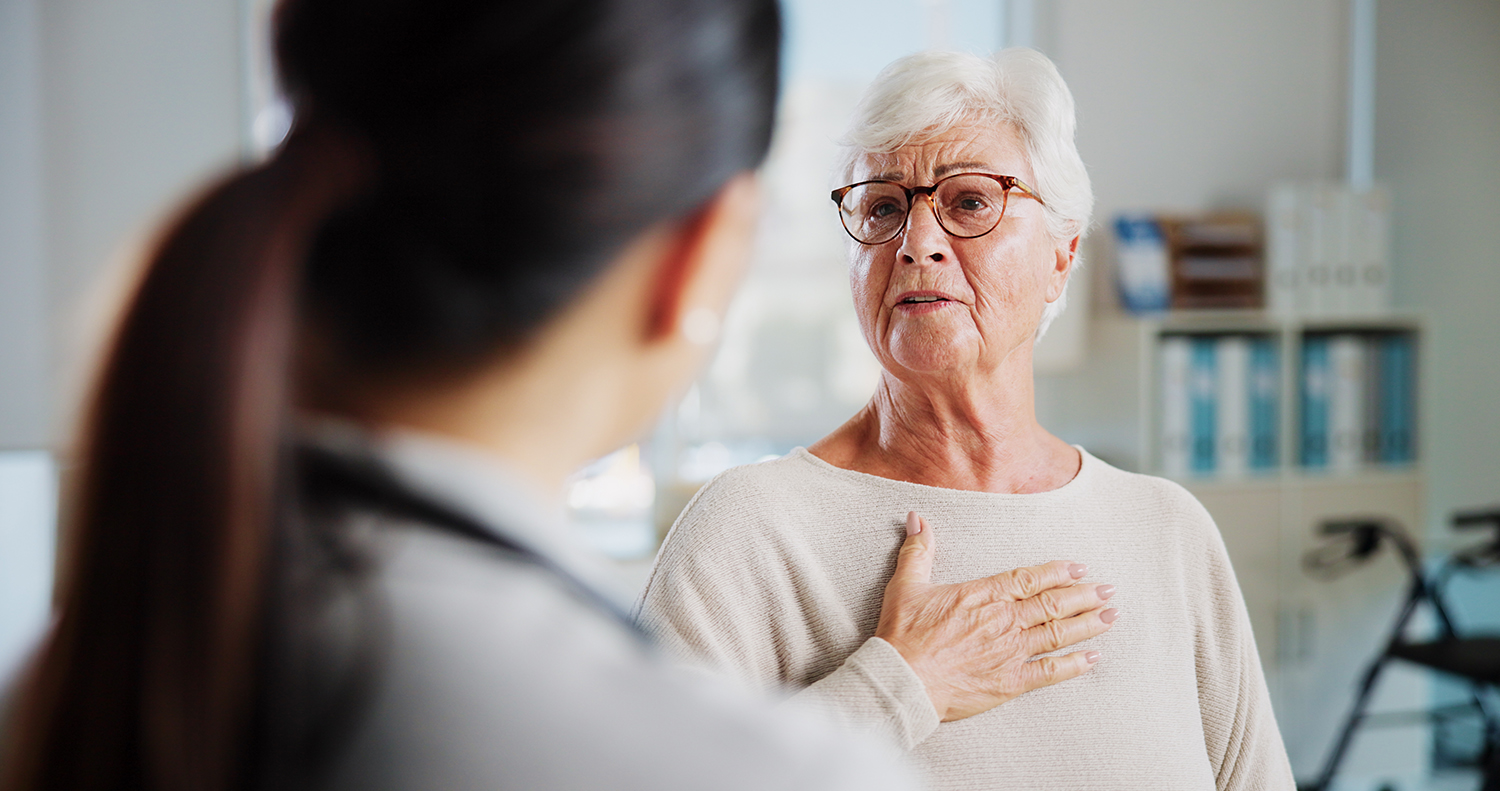Depression can happen to anyone at any stage of life. However, many older adults may experience symptoms of depression during a period of change in their lives. Experiencing symptoms of depression can occur for a variety of reasons. For some, depression can occur after a major life event or a serious illness, while others may experience depression as a result of social illness and loneliness. Not to mention—some seniors may feel depressed without any reason at all.
Experiencing symptoms of depression can make them feel hopeless, often leaving older adults with many symptoms. Despite how hopeless depression may feel, help is available. Below, learn more about the available resources to help you manage depression as a senior.
Factors Linked to Depression in Aging Adults
As mentioned above, aging adults can experience depression for many reasons. One common risk factor includes dealing with other health conditions, such as cancer or a stroke. Others may find that the functional limitations of aging (changing body abilities) may cause depression. Other common risk factors include lack of exercise, stress, issues sleeping, genetic factors, or a history of addiction or alcoholism.
Symptoms of Depression
Depression can look entirely different from person to person. You may experience some of these symptoms, one of these symptoms, or none at all. Some symptoms commonly associated with depression include:
- Feeling sad or anxious
- Feelings of emptiness
- Difficulty sleeping or concentrating
- Less energy, increased fatigue
- Feeling hopeless or worthless
- Changes in eating patterns
- Loss of interest in activities
It's important to speak with your doctor about the symptoms of depression you are experiencing.
Steps to Take for Managing Depression
If you've experienced symptoms of depression as an older adult, know you're not alone. While depression cannot be prevented, you can help improve symptoms and receive supportive treatment. Many people experiencing depression tend to shut down, closing off outside help and keeping their feelings to themselves. While this may seem like a great idea, keeping your feelings to yourself and isolating yourself can make depression symptoms worse.
Instead, look for support in your social circle of family and friends. Keeping active in the activities you enjoy and maintaining social connections can help improve your overall mental health. Whether trying something new, like a club or a sport or staying physically active by walking, keeping your body and mind active can help improve depression symptoms.
It may take time to find what helps you personally manage depression symptoms. Some older adults find relief in participating in community activities, traveling, or learning a new skill. Furthermore, supporting your body with healthy nutrition and enough sleep each night is important to enhancing your overall mood.
When it comes to managing symptoms of depression, you're not alone. Speak with your friends and family to find support. And, of course, speak to your doctor or healthcare team about your symptoms to get you the treatment you need.




